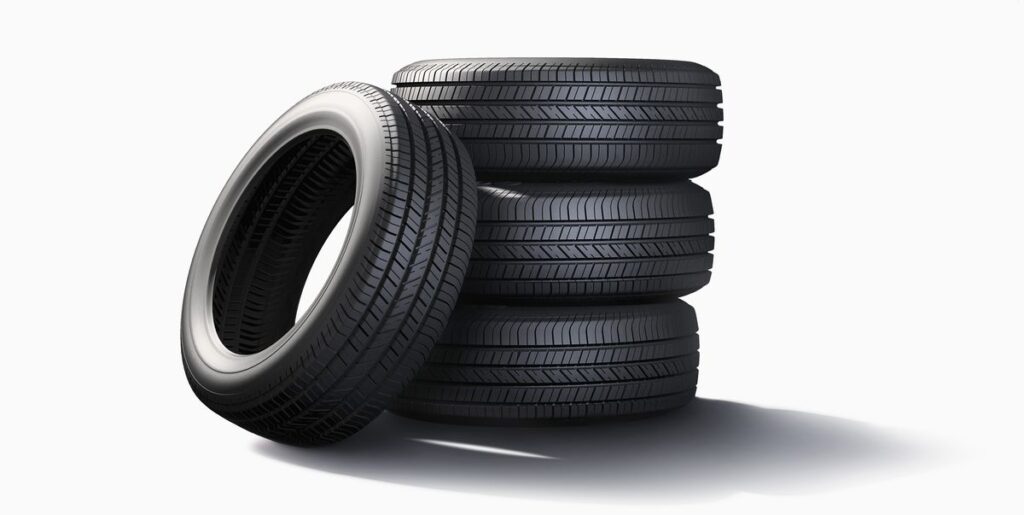.jpg)
J. R. Casey Bralla
377 Farmview Drive
East Earl, PA 17519
610-810-7716

The Mind-Body Dualism Problem
.jpg)
|
The NerdWorld Report J. R. Casey Bralla 377 Farmview Drive East Earl, PA 17519 610-810-7716 
|
Technology, Religion, Politics
and The Mind-Body Dualism Problem |
JRC-65 Computer
Tech Info
Essays
Links
Site Hosted by
Vorlon Information Technologies
.png)
Entire site Copyright © 2024 by J. R. Casey Bralla
(except for obvious external works).
All rights reserved.
NOTE: If you link to this site,
or otherwise find it useful,
please send a brief note to the author.
.png)
SUMMARY: Gain immediate and deep insight into the problem-solving capability of young engineers with a simple interview question. Can they logically solve problems? Can they make realistic estimates quickly? Are they sloppy thinkers?
Background: In the early 2000's, an engineer who worked for me was interviewing a candidate for one of our engineering intern positions and asked this question. I thought the question was brilliant, and I've been using it ever since.

The Question:
How many passenger car tires were sold in the United States in the previous calendar year?
I provide the candidate with a calculator, pencil, and paper. I tell them that I understand that this is outside their knowledge base, but that I need a numerical answer within the next 5 minutes.
Answers I've gotten have generally fallen into one of these 3 classes:
The first answer is the worst. When under pressure, a good engineer will NEVER give unreliable information without first undergoing some intellectual process to validate the answer. This candidate is likely to be unreliable in problem solving.
The second answer is better, but not optimal. We appreciate that "no information" is better than "bad information", but engineering is the art of estimating from incomplete data. This candidate will probably be a "plodder", which is excellent if absolute accuracy and certainty is required, but is less useful in a dynamic environment.
The third answer is the best. A good engineer should be able to estimate almost anything, based on their current knowledge. However, they must also be cognizant of the limits of their own estimate. So I would expect this answer to include some weasel words such as "this is just a very rough estimate" and "more research is required to validate this answer".
Postscript: